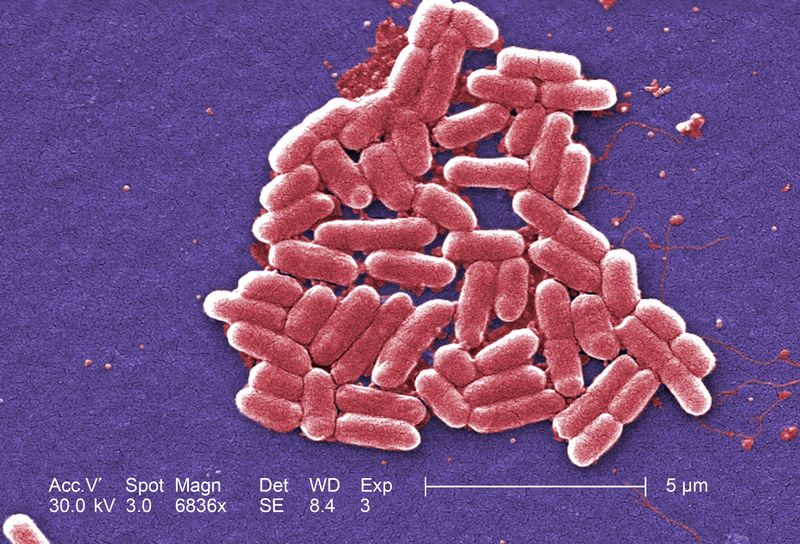BEIRUT (Reuters) - Ministers and members of parliament belonging to Lebanon's Hezbollah could be sanctioned under a new U.S. law targeting the group's finances, a U.S. Treasury official said on Friday.
The U.S. Hezbollah International Financing Prevention Act (HIFPA) passed in December threatens sanctions against anyone who finances Hezbollah in a significant way.
It has ignited an unprecedented dispute between Lebanon's most powerful group - the heavily armed Hezbollah - and a central bank widely seen as a pillar of the otherwise weak and dysfunctional Lebanese state.
When asked in an interview with television channel LBC if the law could be applied to Hezbollah ministers and MPs in Lebanon, the U.S. Treasury's Assistant Secretary for Terrorist Financing Daniel Glaser said: "We don't make a distinction among Hezbollah members."
Iran-backed Hezbollah, whose fighters played a major role in forcing Israel to withdraw from southern Lebanon in 2000, enjoys strong support in the Lebanese Shi'ite community. Its members include government ministers, MPs, and local councillors.
Classified as a terrorist group by the United States, Hezbollah wields enormous political influence in Lebanon and its powerful military wing is playing a major role in the Syrian conflict.
The Lebanese central bank and U.S. officials have repeatedly said the law does not target ordinary Lebanese citizens, or the Shi'ite community in particular, and will not adversely affect the country's financial sector.
"We understand the difference between Hezbollah and the broader Shi'ia community," Glaser said.

"We are implementing this law world wide. Obviously it has specific impact here in Lebanon because Hezbollah has a big presence here in Lebanon. But Hezbollah is the target of this legislation, not the Shi'ia. And I can't say that strongly enough," he said.